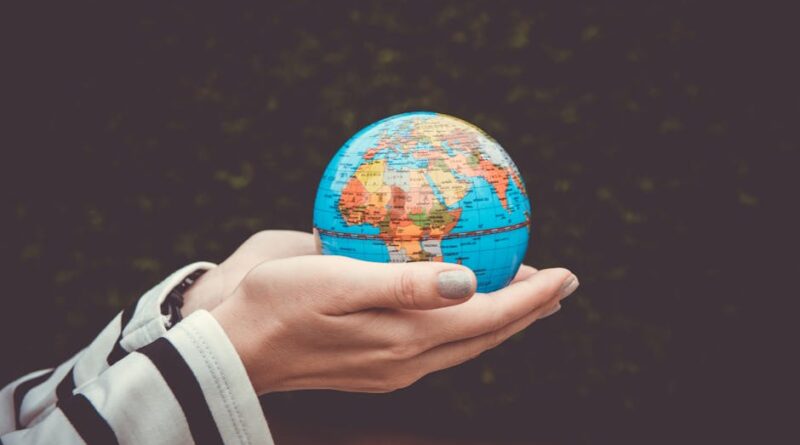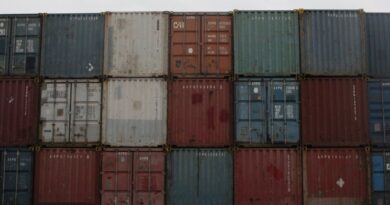How Globalization Shapes International Relations
Have you ever wondered how the products you buy from around the world reach your doorstep? Globalization plays a huge role in this process, influencing not just trade, but also how countries interact with one another. In this article, we will explore the many facets of globalization and how it shapes international relations.
What is Globalization?
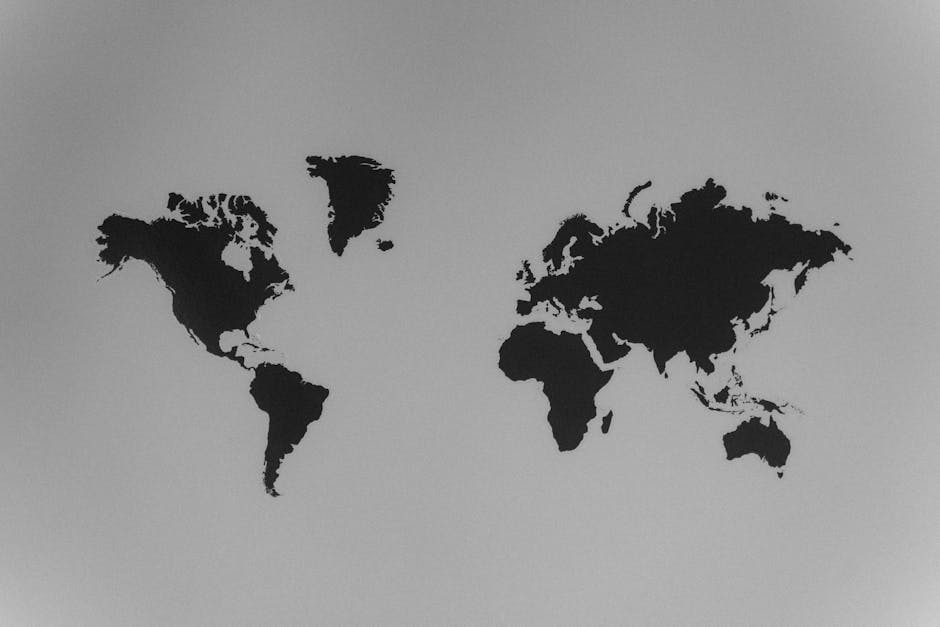
Globalization is the process of countries becoming more interconnected. This happens through trade, technology, and communication. When you think about it, globalization is like a giant web. Each strand represents a country, and the connections show how they interact.
Everyday life offers great examples of globalization:
- Your smartphone might be designed in the U.S., made with parts from Japan, assembled in China, and sold in Europe.
- A simple t-shirt can be produced in one country, dyed in another, and then shipped worldwide.
These examples illustrate how globalization affects not just economies, but also relationships between nations.
How Does Globalization Affect Trade?
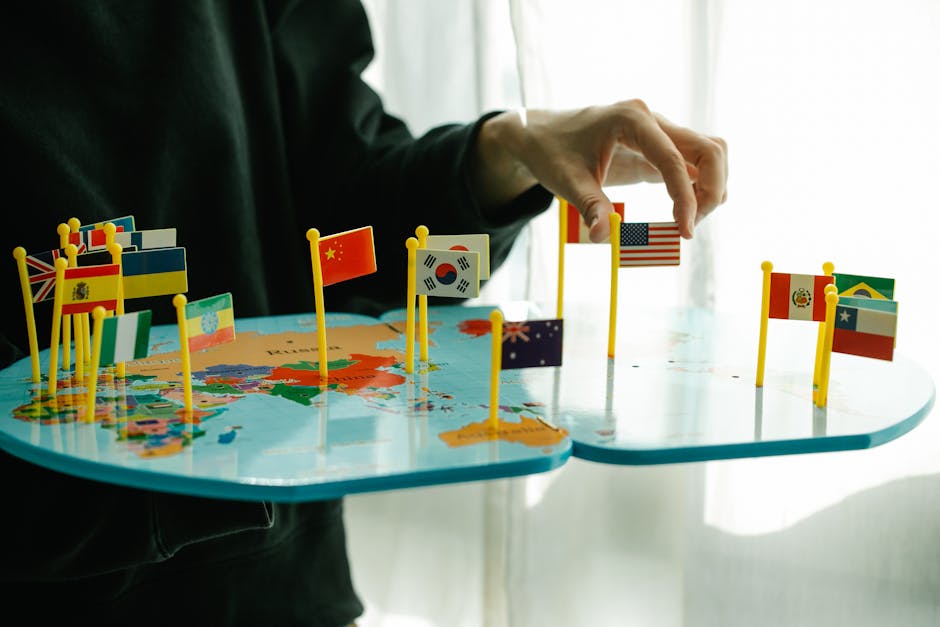
Trade is one of the most visible impacts of globalization. Countries now buy and sell goods and services more easily than ever before. This exchange creates stronger economic ties.
For instance, consider the trade agreement between Canada, Mexico, and the U.S. Known as USMCA, it allows these countries to trade with lower tariffs. This agreement has increased jobs and economic growth in all three nations.
On a larger scale, organizations like the World Trade Organization (WTO) work to ensure smooth trade between countries. They help settle disputes and offer guidelines for trade practices. According to WTO, global trade has grown significantly, reaching over $19 trillion in 2020.
What Role Does Technology Play in Globalization?
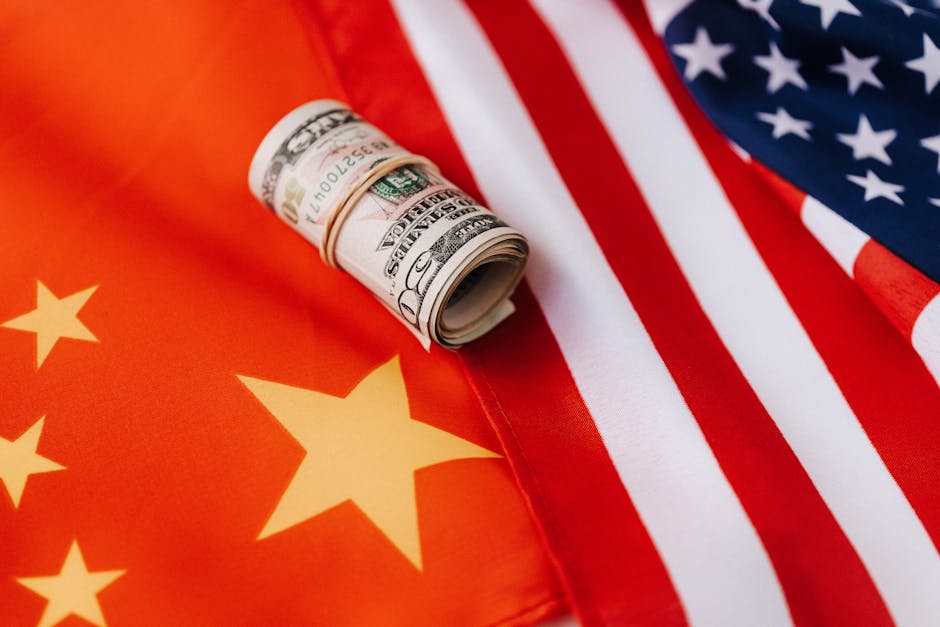
Technology is a powerful driver of globalization. The internet has made it easy for people to connect across the globe. Communication happens instantly, breaking down borders.
Think about social media. A tweet or post can go viral across continents. This instant connection can change opinions and mobilize people quickly. For example, during the Arab Spring, social media played a crucial role in organizing protests in multiple countries.
Additionally, technology allows businesses to operate more efficiently across borders. They can manage supply chains, track shipments, and communicate with partners in real-time. This connectivity enhances international relations by fostering collaboration.
How Does Globalization Influence Politics?
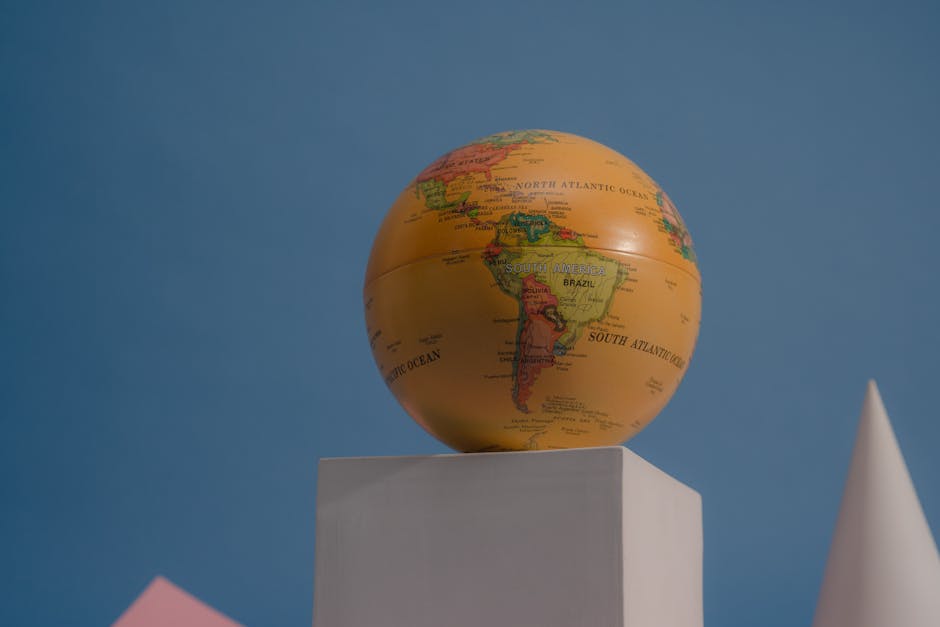
Globalization goes beyond trade and technology; it also affects politics. Countries must work together to tackle global challenges, such as climate change, terrorism, and health pandemics.
For example, the Paris Agreement showcases how nations unite to combat climate change. Nearly 200 countries signed this deal, committing to reduce carbon emissions. This agreement reflects the understanding that environmental issues do not stop at borders.
Moreover, globalization has led to the rise of international organizations like the United Nations (UN). These organizations aim to foster peace and cooperation among countries. They provide platforms for dialogue and negotiation, helping to resolve conflicts.
What are the Benefits of Globalization?
Globalization offers numerous benefits to countries and their citizens:
- Economic Growth: Access to larger markets can boost local economies.
- Job Creation: New industries and sectors can emerge from international partnerships.
- Cultural Exchange: People learn from each other, leading to a richer cultural landscape.
- Innovation: Collaborating globally can spark new ideas and solutions.
These benefits contribute to a more interconnected world, helping nations understand each other better.
What are the Challenges of Globalization?
While globalization has it’s perks, it also comes with challenges. Not everyone benefits equally. Here are some concerns:
- Job Displacement: Some workers may lose jobs as companies move operations to countries with cheaper labor.
- Unequal Growth: Wealth can become concentrated in certain areas, leaving others behind.
- Loss of Cultural Identity: Globalization can sometimes dilute local traditions and cultures.
These challenges highlight the importance of finding a balance between embracing globalization and protecting local interests.
How Can Countries Navigate Globalization?
Countries can take steps to navigate the challenges of globalization while maximizing it’s benefits. Here are some strategies:
- Invest in Education: Preparing the workforce for global competition is crucial. Lifelong learning helps individuals adapt to changing job markets.
- Support Local Businesses: Encouraging local entrepreneurship can create jobs and keep wealth within the community.
- Engage in Fair Trade: Prioritizing fair trade practices ensures that producers in developing countries receive fair compensation.
By implementing these strategies, nations can create a more equitable global landscape.
What is the Future of Globalization?
The future of globalization is uncertain, but it is clear that it will continue to evolve. The COVID-19 pandemic highlighted the need for global cooperation. Supply chains were disrupted, showing how interconnected we truly are.
Experts believe that a more localized approach may emerge. People may prioritize local products and sustainability over global consumption. However, international collaboration will remain crucial for addressing global issues.
Conclusion: How Can You Get Involved?
Globalization shapes our world in countless ways. As individuals, we can play a part in this process. Here are some actionable takeaways:
- Stay Informed: Read about global issues and their impacts on your community.
- Support Fair Trade: Choose products that promote fair labor practices.
- Engage in Local Initiatives: Participate in local events that celebrate diverse cultures.
By understanding globalization, we can become more informed citizens. We can appreciate the connections between our lives and the world around us. For more information on how globalization affects your life, check out this resource from the World Economic Forum.
In conclusion, globalization shapes international relations in profound ways. From trade to politics, it influences how countries interact and cooperate. As we navigate this complex landscape, staying informed and engaged is key to building a better future.
